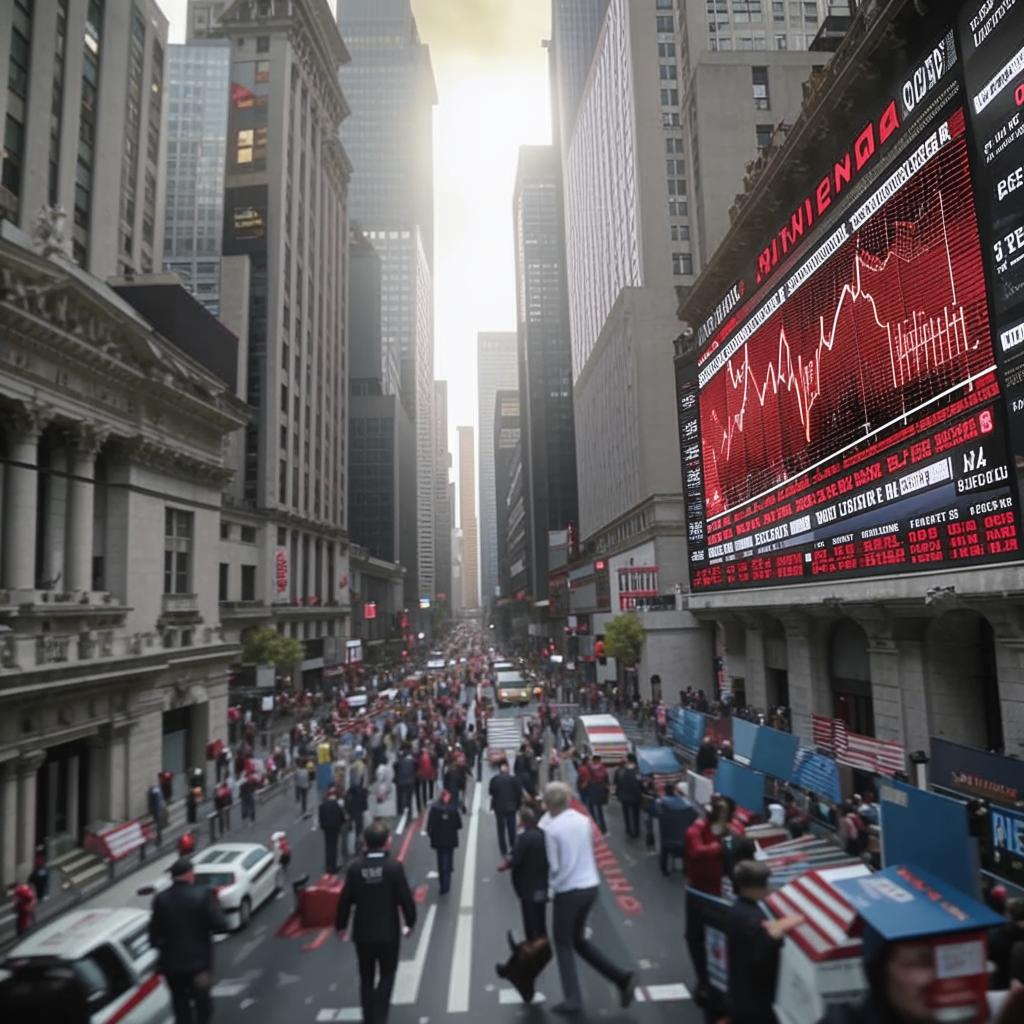The stock market ended April on a down note, with the S&P 500 and Dow Jones Industrial Average both closing in the red. This coincided with the first contraction of the U.S. economy since 2022, raising concerns about a potential recession.
The S&P 500 fell slightly, marking its first negative month since February. The Dow also declined, weighed down by disappointing earnings reports from major companies. The Nasdaq Composite managed a small gain, boosted by tech stocks.
The economic contraction, as measured by GDP, was a surprise to many economists. High inflation, rising interest rates, and supply chain disruptions are all contributing factors. The Federal Reserve is expected to continue raising interest rates in an effort to curb inflation, but this could further slow economic growth.
Investors are now closely watching economic data and corporate earnings for clues about the future direction of the market. Many analysts believe that the market could remain volatile in the coming months as the economy navigates these challenges. The combination of slowing growth and rising interest rates creates a difficult environment for stocks. Some sectors, such as energy and consumer staples, have held up relatively well, while others, such as technology and financials, have struggled. The market’s performance in the coming weeks will likely depend on the path of inflation and the Fed’s response. There is increasing debate about whether the economy is headed for a mild slowdown or a more severe recession.















